Read the best books first, or else you may not have a chance to read them at all
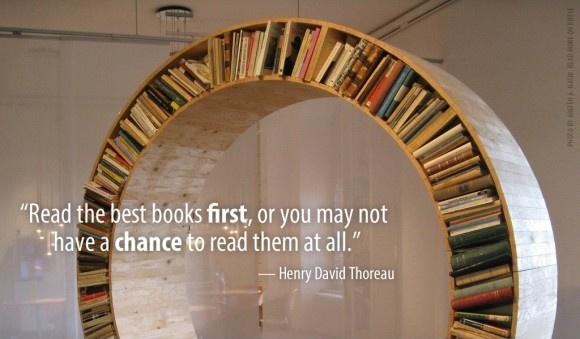
Read the best books first, or else you may not have a chance to read them at all
Henry David Thoreau, the renowned American essayist, poet, and philosopher, is often associated with the idea of living deliberately and simplifying one's life. Thoreau believed in the importance of self-reliance, individualism, and the pursuit of knowledge through reading. One of his most famous quotes, "Read the best books first, or else you may not have a chance to read them at all," encapsulates his belief in the value of reading and the importance of prioritizing the most valuable works of literature.Thoreau was a voracious reader and believed that books were essential tools for personal growth and enlightenment. He spent countless hours in the woods surrounding his cabin at Walden Pond, reading and reflecting on the works of great thinkers and writers. Thoreau believed that reading the best books first was crucial because it allowed individuals to engage with the most profound ideas and insights that had been passed down through the ages.
Thoreau's emphasis on reading the best books first can be seen as a call to prioritize quality over quantity when it comes to reading. In a world filled with distractions and endless options for entertainment, Thoreau believed that it was essential to focus on the most valuable and enriching works of literature. By reading the best books first, individuals could deepen their understanding of the world, expand their intellectual horizons, and cultivate a more profound appreciation for the written word.
Thoreau's belief in the importance of reading the best books first is also a reflection of his commitment to living a purposeful and meaningful life. By immersing oneself in the works of great writers and thinkers, individuals can gain new perspectives, challenge their assumptions, and develop a deeper understanding of themselves and the world around them. Thoreau believed that reading the best books first was a way to cultivate wisdom, insight, and a deeper connection to the human experience.
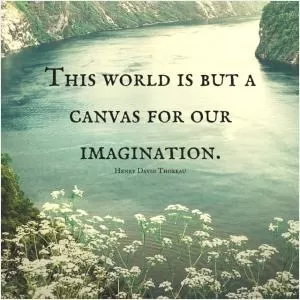

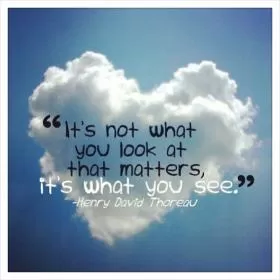
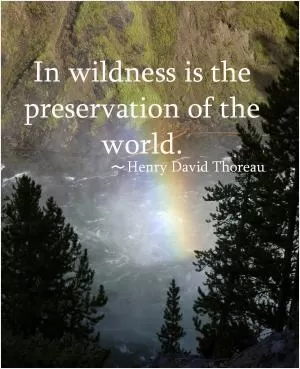
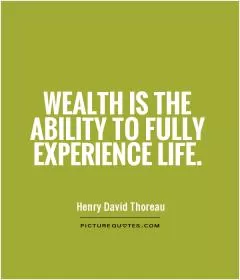

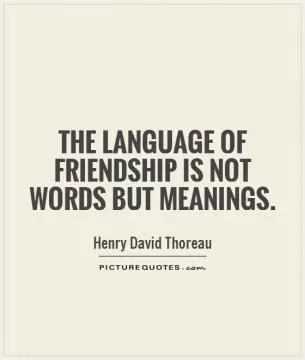
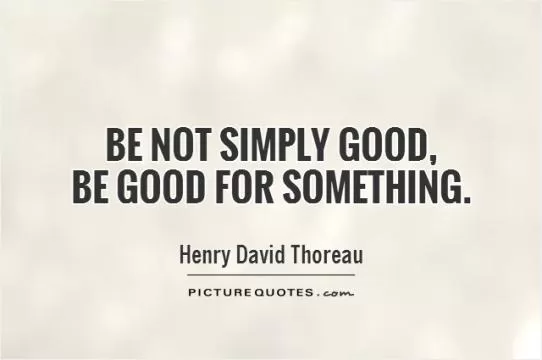




 Friendship Quotes
Friendship Quotes Love Quotes
Love Quotes Life Quotes
Life Quotes Funny Quotes
Funny Quotes Motivational Quotes
Motivational Quotes Inspirational Quotes
Inspirational Quotes